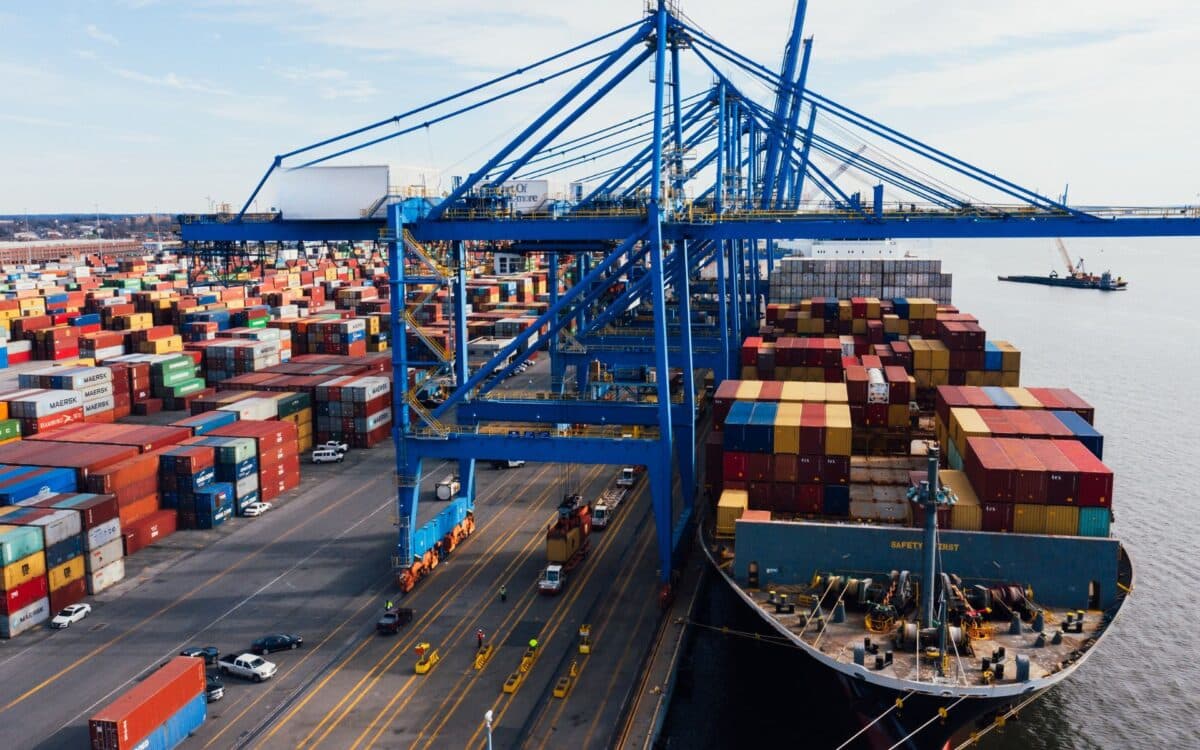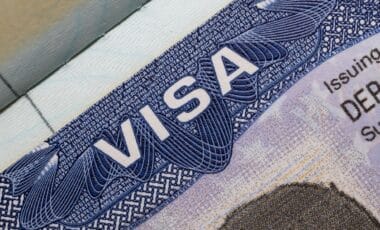A 25% tariff proposed on pharmaceutical imports could significantly impact U.S. drug prices, raising overall costs by nearly $51 billion annually. This projection emerges from a detailed analysis commissioned by the Pharmaceutical Research and Manufacturers of America (PhRMA).
According to Reuters, which reviewed the findings, the study conducted by Ernst & Young (EY) highlights a potential price increase of up to 12.9% if pharmaceutical tariffs are fully passed on to consumers.
The report examines the extensive reliance of the United States on imported medicines and outlines the risks that such tariffs could pose to both domestic healthcare costs and the broader pharmaceutical industry.
Projected Impact of Proposed Tariffs
The analysis found that the United States imported $203 billion worth of pharmaceutical products in 2023, with 73% coming from Europe, mainly Ireland, Germany, and Switzerland. Total sales of finished pharmaceuticals in the U.S. for the year reached $393 billion.
If wholesalers or retailers fully passed on the cost of the tariffs, EY estimates U.S. drug prices could climb by as much as 12.9%.
The report also highlights that pharmaceutical products have historically been spared from trade wars due to concerns over potential harm to public health. Despite this, former President Donald Trump has repeatedly threatened to impose a 25% tariff on pharmaceutical imports.
Industry Response and Ongoing Investigations
PhRMA, whose members include major companies such as Amgen, Bristol Myers Squibb, Eli Lilly, and Pfizer, commissioned the report to warn about the possible consequences of the tariffs.
The group argues that such measures could undermine current efforts to expand domestic drug manufacturing. PhRMA did not immediately respond to requests for comment on the report.
Last week, the Trump administration launched investigations into pharmaceutical imports, citing national security concerns about dependence on foreign drug production. The announcement triggered a 21-day public comment period overseen by the Commerce Department.
Ted Murphy, a trade lawyer at Sidley Austin, said that pharmaceutical companies view the investigation as an opportunity to demonstrate that imposing high tariffs would hinder their ability to quickly ramp up U.S. production. Companies are also pushing for a phased approach to any new tariffs to lessen the financial impact.
Companies Seek Tariff Exemptions
Swiss drugmaker Roche announced it is engaging in direct discussions with the U.S. government to seek exemptions from potential import tariffs. Roche argues that the products it imports into the United States are offset by its exports of U.S.-manufactured drugs and diagnostics, suggesting that its activities contribute positively to the U.S. economy.

The EY report notes that approximately 30% of U.S. pharmaceutical imports in 2023 consisted of ingredients used in domestic manufacturing. Imposing tariffs on these intermediate inputs could raise U.S. production costs by around 4.1%, potentially reducing the global competitiveness of U.S.-made drugs.
Currently, about 25% of the pharmaceutical output in the United States is exported, with total exports amounting to $101 billion in 2023. These exports support roughly 490,000 jobs. An increase in production costs could weaken foreign demand for U.S. medicines, putting some of these jobs at risk.
Factors Influencing Drug Prices and Additional Risks
The report emphasizes that production costs are only one factor shaping the price of newer medicines, and it remains unclear how much of the tariffs would ultimately be passed on to consumers.
Additionally, the study did not assess the potential impact of retaliatory tariffs that foreign governments might impose in response. Such countermeasures could significantly amplify the economic consequences for U.S. pharmaceutical producers.









